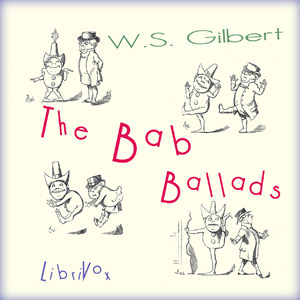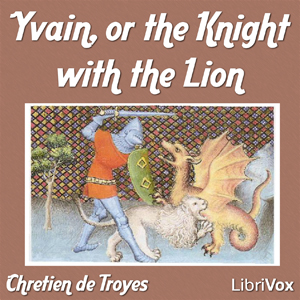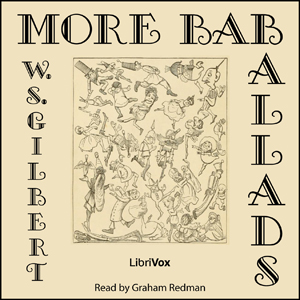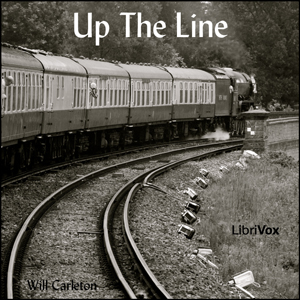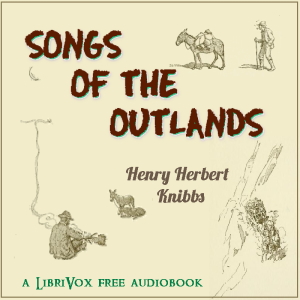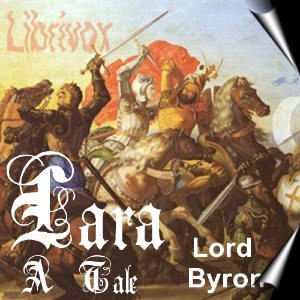- Captain Reece
- The Rival Curates
- Only A Dancing Girl
- General John
- To A Little Maid—By A Policeman
- John And Freddy
- Sir Guy The Crusader
- Haunted
- The Bishop And The `Busman
- The Troubadour
- Ferdinando And Elvira; Or, The Gentle Pieman
- Lorenzo De Lardy
- Disillusioned—By An Ex-Enthusiast
- Babette’s Love
- To My Bride—(Whoever She May Be)
- The Folly Of Brown—By A General Agent
- Sir Macklin
- The Yarn Of The “Nancy Bell”
- The Bishop Of Rum-Ti-Foo
- The Precocious Baby. A Very True Tale
- To Phoebe
- Baines Carew, Gentleman
- Thomas Winterbottom Hance
- The Reverend Micah Sowls
- A Discontented Sugar Broker
- The Pantomime “Super” To His Mask
- The Force Of Argument
- The Ghost, The Gallant, The Gael, And The Goblin
- The Phantom Curate. A Fable
- The Sensation Captain
- Tempora Mutantur
- At A Pantomime. By A Bilious One
- King Borria Bungalee Boo
- The Periwinkle Girl
- Thomson Green And Harriet Hale
- Bob Polter
- The Story Of Prince Agib
- Ellen McJones Aberdeen
- Peter The Wag
- Ben Allah Achmet;—Or, The Fatal Tum
- The Three Kings Of Chickeraboo
- Joe Golightly—Or, The First Lord’s Daughter
- To The Terrestrial Globe. By A Miserable Wretch
- Gentle Alice Brown
The Bab Ballads are a collection of light verse by W. S. Gilbert, illustrated with his own comic drawings. Gilbert wrote the Ballads before he became famous for his comic opera librettos with Arthur Sullivan. In writing the Bab Ballads, Gilbert developed his unique "topsy-turvy" style, where the humor was derived by setting up a ridiculous premise and working out its logical consequences, however absurd. The Ballads also reveal Gilbert's cynical and satirical approach to humor. They became famous on their own, as well as being a source for plot elements, characters and songs that Gilbert would recycle in the Gilbert and Sullivan operas. The Bab Ballads take their name from Gilbert's childhood nickname, and he later began to sign his illustrations "Bab".
Nothing else quite like the Ballads has ever been produced in the English language. They contain both satire and nonsense, as well as a great deal of utter absurdity. The Ballads were read aloud at private dinner-parties, public banquets and even in the House of Lords. Summary by Wikipedia and Phil Chenevert
Nothing else quite like the Ballads has ever been produced in the English language. They contain both satire and nonsense, as well as a great deal of utter absurdity. The Ballads were read aloud at private dinner-parties, public banquets and even in the House of Lords. Summary by Wikipedia and Phil Chenevert
There are no reviews for this eBook.
There are no comments for this eBook.
You must log in to post a comment.
Log in


